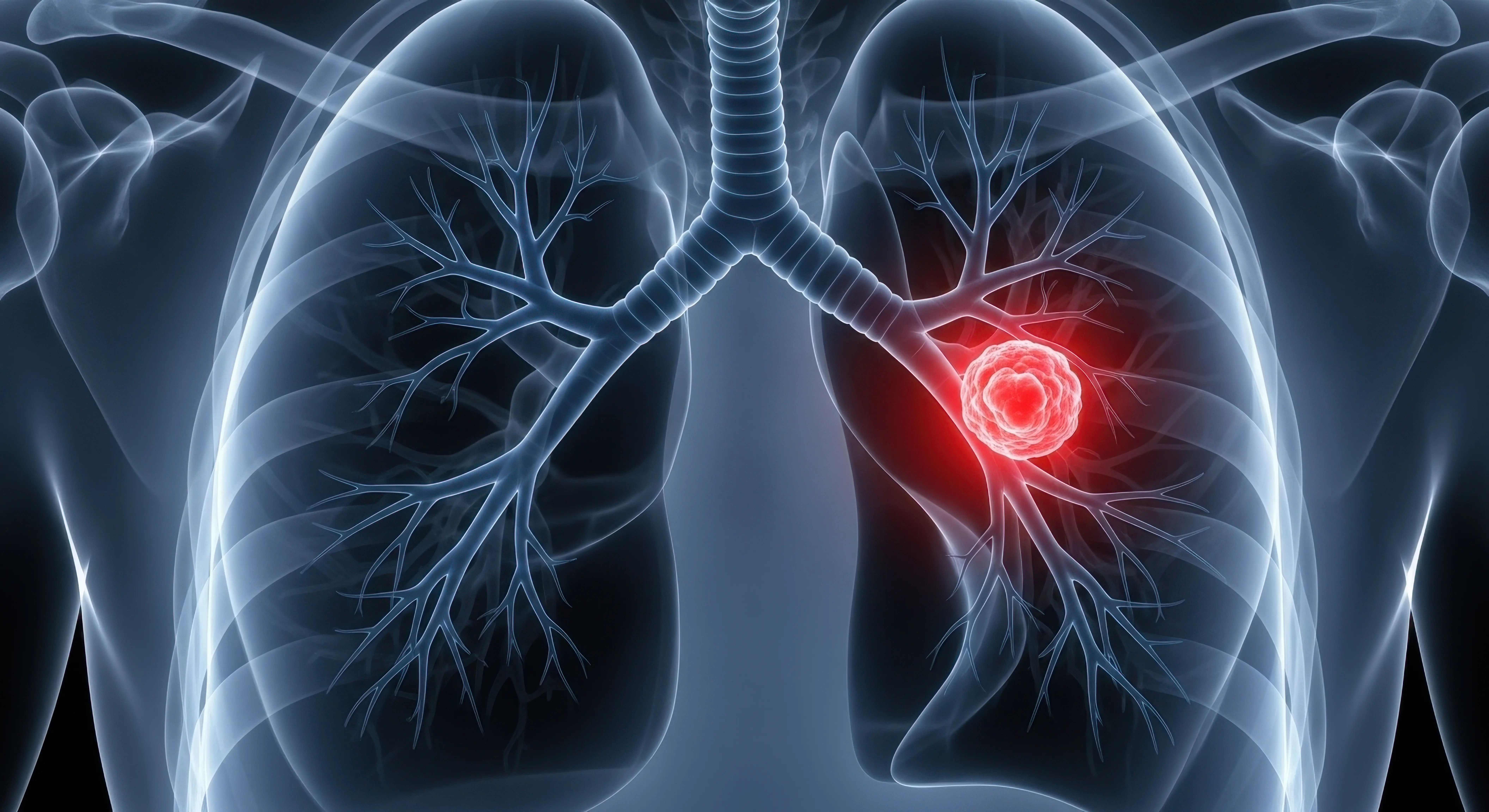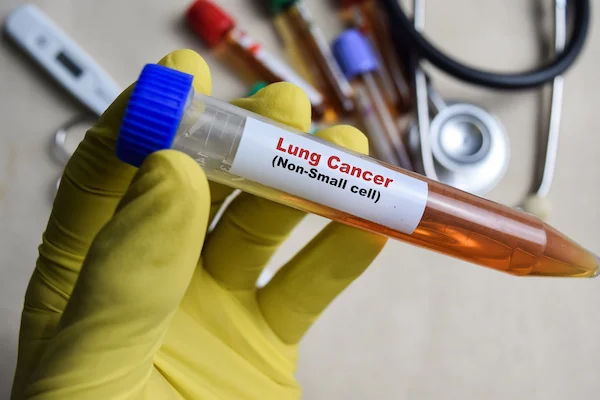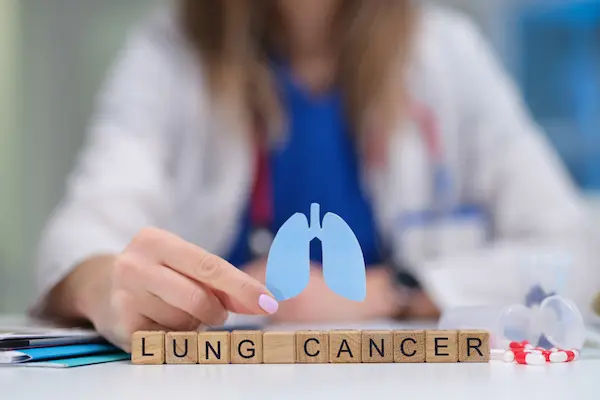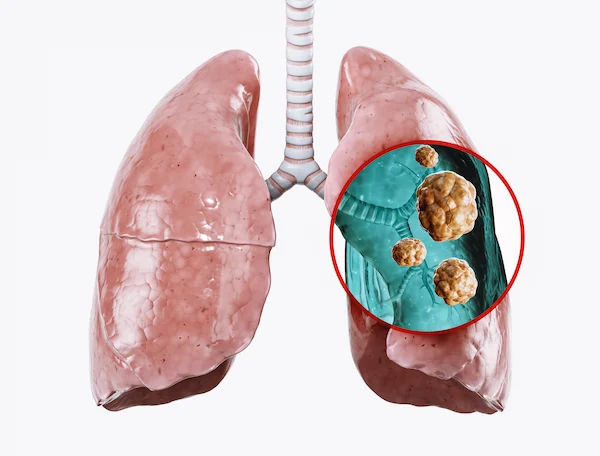Guide to Lung Cancer Treatment Research
Explore the latest in lung cancer treatment research, including new therapies, clinical trials, and emerging technologies. Stay informed about the future of care.

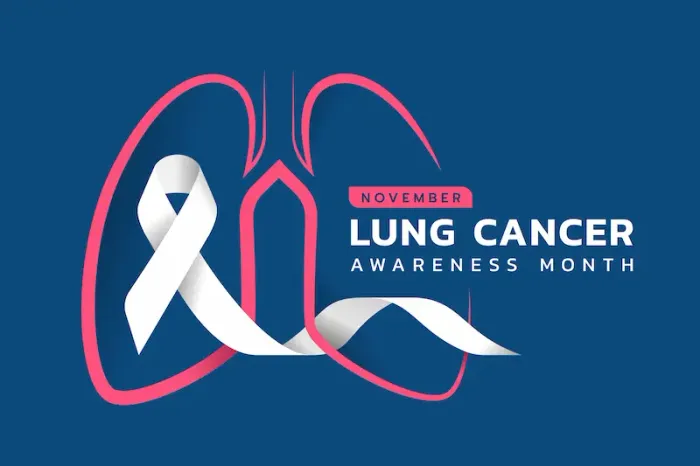
Introduction
A lung cancer diagnosis can feel overwhelming. But in the world of oncology, there is more reason for hope than ever before. The landscape of lung cancer treatment research is evolving at a breathtaking pace, moving away from a one-size-fits-all approach to highly personalized strategies. This guide is designed to demystify the complex world of cancer research, empowering you and your loved ones with knowledge about the latest advances, from targeted therapies that attack specific genetic mutations to immunotherapies that harness your body's own defenses. We will break down the key areas of innovation, explain how clinical trials work, and show you how to be an active participant in your care. Understanding these developments is a crucial step in navigating your journey with confidence.
The Shift to Personalized Medicine: It's Not One-Size-Fits-All Anymore
Gone are the days when every patient with a specific type and stage of lung cancer received the same treatment. Today, the cornerstone of modern oncology is personalized medicine. This approach tailors treatment based on the unique genetic characteristics of your specific cancer. Think of it like a lock and key: instead of using a master key (like traditional chemotherapy) that affects both cancerous and healthy cells, doctors now look for specific "locks" (genetic mutations) on your cancer cells and use a precisely designed "key" (a targeted drug) to disable them.
The Critical First Step: Biomarker and Genetic Testing
Before any treatment decisions are made, it is essential to ask your doctor about comprehensive biomarker testing (also known as molecular or genetic profiling). This involves analyzing a sample of the tumor tissue (from a biopsy) or, increasingly, through a blood test called a liquid biopsy. This testing looks for specific drivers, such as EGFR, ALK, ROS1, BRAF, and others, as well as the level of PD-L1 protein. The results of this test are like a roadmap for your oncologist, directly determining which latest targeted therapy or immunotherapy is most likely to be effective for you. If your initial testing was limited, discuss with your doctor whether more extensive testing is possible.
How Your Lung Cancer Type Guides Research Options?
The type of lung cancer you have—primarily Non-Small Cell Lung Cancer (NSCLC) or Small Cell Lung Cancer (SCLC)—significantly influences the research avenues available. NSCLC, which accounts for about 85% of cases, has seen an explosion of targeted and immunotherapy options. SCLC, while less common, is also benefiting from new immunotherapy combinations. Knowing your exact subtype (e.g., adenocarcinoma, squamous cell) is the first step in personalizing your treatment plan.Consult Top Specialists
Breaking Down the Research: Advances in Treatment Modalities
Lung cancer treatment research has led to improvements across all standard treatment methods, making them more effective and often easier to tolerate.
Surgical Innovations: Less Invasive, More Precise
Surgery remains a primary curative option for early-stage lung cancer. Research has focused on minimizing invasiveness to reduce pain, shorten hospital stays, and speed up recovery. Video-Assisted Thoracoscopic Surgery (VATS) and Robotic-Assisted Surgery allow surgeons to operate through several small incisions instead of a large one. These techniques provide magnified, high-definition views of the chest, enabling unparalleled precision in removing the tumor while sparing healthy lung tissue.
Radiation Therapy: Pinpoint Accuracy to Spare Healthy Tissue
For patients who cannot undergo surgery or when radiation is needed, technological advances have been remarkable. Stereotactic Body Radiotherapy (SBRT), also known as CyberKnife or Gamma Knife, delivers very high, precise doses of radiation to the tumor in just a few sessions. This "pinpoint accuracy" destroys the cancer while significantly reducing damage to surrounding organs like the heart and esophagus. Proton therapy is another advanced form that uses proton beams instead of X-rays, allowing radiation to be deposited directly in the tumor with minimal exit dose.
The Revolution in Systemic Therapies
This is where the most significant breakthroughs in lung cancer research have occurred. Systemic therapies travel through the bloodstream to reach cancer cells all over the body.
Targeted Therapy: Disabling Cancer's Engine
If biomarker testing identifies a specific genetic mutation, targeted therapy can be a highly effective option. These drugs are designed to specifically target and block the signals that tell cancer cells to grow and divide. For example, drugs like Osimertinib target EGFR mutations, and Alectinib targets ALK rearrangements. They often come in pill form and can control the cancer for extended periods with different side effects than traditional chemotherapy. However, cancers can become resistant, which is why research into next-generation targeted drugs is so active.
Immunotherapy: Unleashing Your Body's Own Army
Immunotherapy has fundamentally changed the treatment paradigm for many cancers, including lung cancer. It doesn't attack the cancer directly; instead, it removes the "brakes" (checkpoints) on your immune system (T-cells), allowing your body's natural defenses to recognize and destroy cancer cells. Drugs known as checkpoint inhibitors (e.g., Keytruda/pembrolizumab, Tecentriq/atezolizumab) have become standard for many patients with advanced NSCLC, both with and without chemotherapy, leading to long-lasting responses for some. Immunotherapy success stories continue to drive this exciting area of research.
The Engine of Progress: Understanding Clinical Trials
Clinical trials are the essential research studies that determine whether new treatments are safe and effective. They are how every current standard treatment was developed. Participating in a trial can sometimes provide access to cutting-edge therapies not yet available to the public.
What Are the Phases of a Clinical Trial?
• Phase I: Tests a new drug or treatment in a small group to evaluate safety and dosage.
• Phase II: Expands to a larger group to see if it is effective and further evaluate safety.
• Phase III: Compares the new treatment to the current standard treatment in large groups of people to confirm effectiveness and monitor side effects.
• Phase IV: Takes place after the treatment is approved to gather more information on long-term safety and benefits.
How to Find and Evaluate a Clinical Trial?
Talk to your oncologist about trials that might be right for you. You can also search reputable databases like ClinicalTrials.gov. When considering a trial, ask about the purpose, potential benefits and risks, what the trial involves, and how it compares to standard care. If standard treatments are not working or you're looking for the most advanced option, a stage 4 lung cancer clinical trial might be a viable path to discuss with your care team.
On the Horizon: Emerging Frontiers in Lung Cancer Research
The innovation continues. Two particularly promising areas are:
Liquid Biopsies: A Simple Blood Test to Track Cancer
This technology analyzes circulating tumor DNA (ctDNA)—tiny pieces of tumor DNA in the blood. Liquid biopsies offer a less invasive way to identify biomarkers initially, but also to monitor how a treatment is working and detect the earliest signs of resistance, all from a simple blood draw. This allows doctors to adjust treatment strategies much more quickly.
Antibody-Drug Conjugates (ADCs): Trojan Horse Therapies
ADCs are sophisticated drugs that combine the targeting ability of a monoclonal antibody with the cell-killing power of a chemotherapy drug. The antibody acts like a homing device, latching onto a specific protein on the cancer cell. It then delivers the toxic chemotherapy payload directly inside, minimizing damage to healthy cells. Several ADCs are showing great promise in new treatments for small cell lung cancer and NSCLC.
Your Role in Research: How to Be an Empowered Patient
You are the most important member of your healthcare team.
1. Ask Questions: Don't hesitate to ask about biomarker testing, all treatment options, and clinical trials.
2. Seek a Second Opinion: Especially from a major cancer center, as they often have access to the latest research and trials.
3. Communicate: Report all side effects to your doctor. Managing them effectively is key to maintaining your quality of life.
4. Stay Informed: Use reliable sources (like those listed below) to learn about your disease.
Consult Top Specialists
Conclusion
The journey through lung cancer is challenging, but the field of lung cancer treatment research is delivering unprecedented hope. From the precision of targeted therapy to the powerful promise of immunotherapy, the arsenal against this disease is more sophisticated and effective than ever before. The path forward is one of personalization, driven by genetic insights and a deepening understanding of the immune system. As a patient, your active participation—asking about biomarker testing, exploring clinical trials, and partnering with your healthcare team—is vital. Remember, research is not just happening in labs; it's actively shaping treatment decisions in clinics every day, offering new possibilities for longer, healthier lives.
Consult Top Specialists

Dr. Utsa Basu
Diabetologist
14 Years • MBBS , MD
Barasat
Diab-Eat-Ease, Barasat
(75+ Patients)

Dr. Vivek D
General Physician
4 Years • MBBS
Bengaluru
PRESTIGE SHANTHINIKETAN - SOCIETY CLINIC, Bengaluru

Dr Tushar Karmakar
General Physician/ Internal Medicine Specialist
7 Years • MBBS, MD General Medicine
Kolkata
Kare pharmacy, Kolkata

Dr Sahana Gangatkar
General Physician/ Internal Medicine Specialist
8 Years • MBBS, MD
Bengaluru
Apollo Clinic, JP nagar, Bengaluru
(25+ Patients)
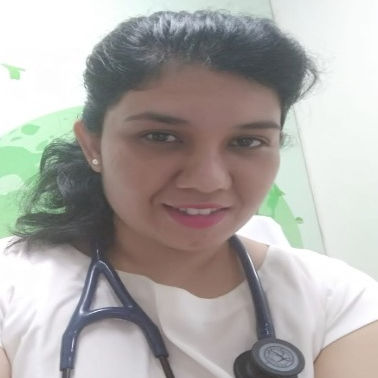
Dr. Impana G N
Physician/ Internal Medicine/ Covid Consult
11 Years • MBBS,DNB FAMILY MEDICINE, MNAMS ,CCEBDM
Mysuru
Apollo BGS Hospital Adichuchanagiri Road, Mysuru
Consult Top Specialists

Dr. Utsa Basu
Diabetologist
14 Years • MBBS , MD
Barasat
Diab-Eat-Ease, Barasat
(75+ Patients)

Dr. Vivek D
General Physician
4 Years • MBBS
Bengaluru
PRESTIGE SHANTHINIKETAN - SOCIETY CLINIC, Bengaluru

Dr Tushar Karmakar
General Physician/ Internal Medicine Specialist
7 Years • MBBS, MD General Medicine
Kolkata
Kare pharmacy, Kolkata

Dr Sahana Gangatkar
General Physician/ Internal Medicine Specialist
8 Years • MBBS, MD
Bengaluru
Apollo Clinic, JP nagar, Bengaluru
(25+ Patients)

Dr. Impana G N
Physician/ Internal Medicine/ Covid Consult
11 Years • MBBS,DNB FAMILY MEDICINE, MNAMS ,CCEBDM
Mysuru
Apollo BGS Hospital Adichuchanagiri Road, Mysuru
More articles from Lung Cancer
Frequently Asked Questions
1. What is the difference between chemotherapy and immunotherapy?
Chemotherapy directly kills fast-dividing cells, including some healthy ones, causing side effects like hair loss and nausea. Immunotherapy doesn't kill cancer directly; it boosts your immune system's ability to find and destroy cancer cells, leading to a different set of potential side effects related to immune overactivity.
2. How do I know if I am a candidate for targeted therapy or immunotherapy?
The only way to know is through biomarker testing (genetic/molecular profiling) of your tumor tissue or a liquid biopsy. This test will identify specific mutations or proteins that make your cancer susceptible to these treatments.
3. What happens if my lung cancer becomes resistant to a targeted therapy?
Resistance is a common challenge. Researchers are actively developing 'next-generation' targeted drugs designed to overcome specific resistance mechanisms. If resistance occurs, your doctor will likely recommend another biopsy or liquid biopsy to identify the new mutation and switch you to an appropriate next-line therapy or clinical trial.
4. Are clinical trials only for people who have run out of other options?
No. Clinical trials exist for all stages of cancer, including as a first treatment option. Some trials compare a new therapy to the standard of care to see if it's better, meaning you could receive either the current best treatment or a potentially superior one.
5. What are the common side effects of immunotherapy?
While often different from chemotherapy, immunotherapy can cause side effects by inflaming healthy organs. Common ones include fatigue, skin rash, and diarrhea. More serious but less common are pneumonitis (lung inflammation), colitis (colon inflammation), and hepatitis (liver inflammation). These are manageable when reported early.

